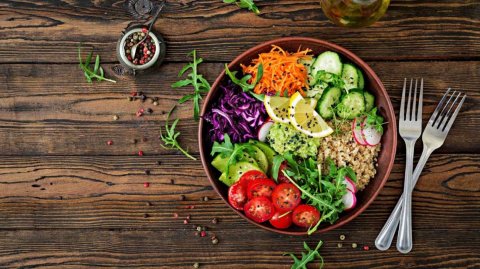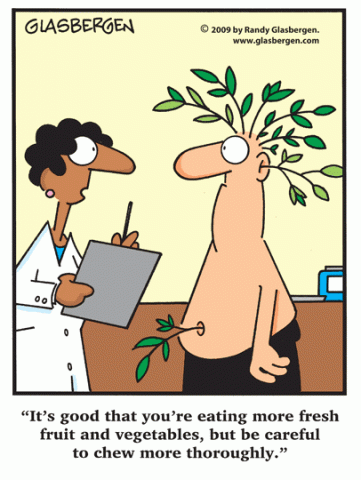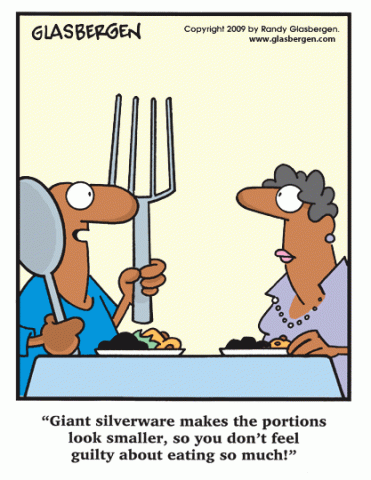With all the health scare going on for several months now and on a global level, I decided to write an article about the vegetarian lifestyle rather than drafting a typical meal plan, dedicated to evading Covid-19. Let’s face it, at the end of the day, there is no such thing as an anti-coronavirus nutritional lifestyle, and avoiding the virus goes way beyond what you eat. So, whatever you are eating, know how to keep a healthy lifestyle trend, and stay safe. To go back to our subject and to set things straight, let's note that the main difference between vegetarians and vegans is the fact that, while the former consume some animal-based products, the latter strictly exclude any animal-derived ingredient and look to avoid any form of animal exploitation for food, clothing, science or entertainment.
Previously, the sports nutrition industry had always been keen on shadowing the Vegetarian lifestyle, claiming that it cannot provide the body with the needed amount of proteins required. Nonetheless, over the past few years, this trend has changed, and the vegetarian lifestyle has gained massive momentum. And so, many unbelievable athletes/legends that look ripped have been adopting this lifestyle. Here is a small list of those vegetarian champions:
- Venus Williams: Tennis Legend
- Lewis Hamilton: one of the all-time best F1 Drivers
- Nate Diaz: UFC Fighter
- Scott Jurek: long-distance runner
- Jermain Defoe: Footballer
- Patrick Baboumian: Bodybuilder and world's strongest man!
- Carl Lewis: Athlete
And the list goes on… So how come this is possible, not to eat meat and to fulfill these sporting potentials?
What has helped the vegetarian lifestyle gain this momentum was the increased awareness about the benefits of this lifestyle: for instance, in the sports nutrition sector, studies have proved that eating vegetables allows the body to reduce inflammations, which has helped athletes prolong their careers at a vital advantage and reduce their injuries.
As for the mainstream community, a vegetarian lifestyle has massive benefits. It helps with regulating blood sugars, reducing bad cholesterol, losing weight, and even overcoming chronic diseases such as diabetes and cancer. Furthermore, the main trend now is the importance to have a healthy gut and what lifestyle suits the microbiome best? The high fiber vegetarian diet.
To have full insight into this lifestyle, watch The Game Changers, a documentary that highlights this lifestyle in sports nutrition, and if you want to go one step further, read "The China Study: The Most Comprehensive Study of Nutrition Ever Conducted And the Startling Implications for Diet, Weight Loss, And Long-term Health" by T. Colin Campbell and Thomas M. Campbell.



